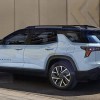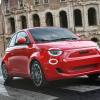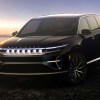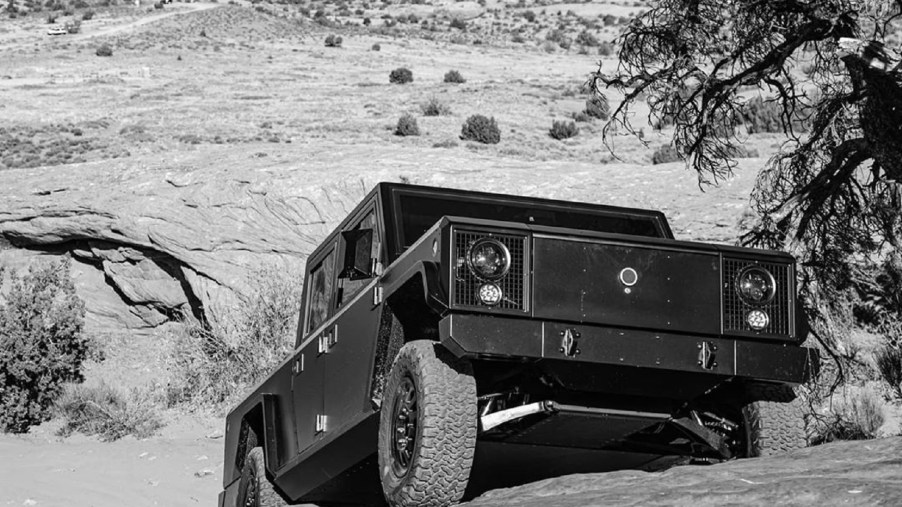
Are Electric Trucks Doomed to ‘Lifestyle Vehicle’ Status?
Yet another company has joined in the electric pickup truck segment. SAIC joins the likes of Bollinger, Tesla, Rivian, Nikola, and GMC in offering its own spin on battery-powered pickups. Normally, more competition is a good thing, especially for consumers. However, the ongoing COVID-19 pandemic has created a lot of uncertainty for the automotive world as a whole. And electric trucks, too, are being affected. These pickups’ appeal, especially to ordinary consumers, has already been questioned. Could the industry impacts relegate them to niche, ‘lifestyle vehicle’ status?
Bollinger and electric trucks’ perception
Automotive News recently interviewed Bollinger’s founder, Robert Bollinger, and discussed this very question. The publication reports that trucks accounted for roughly 20% of sales in 2019. But electric trucks will likely still be a fraction of that by the end of 2021.
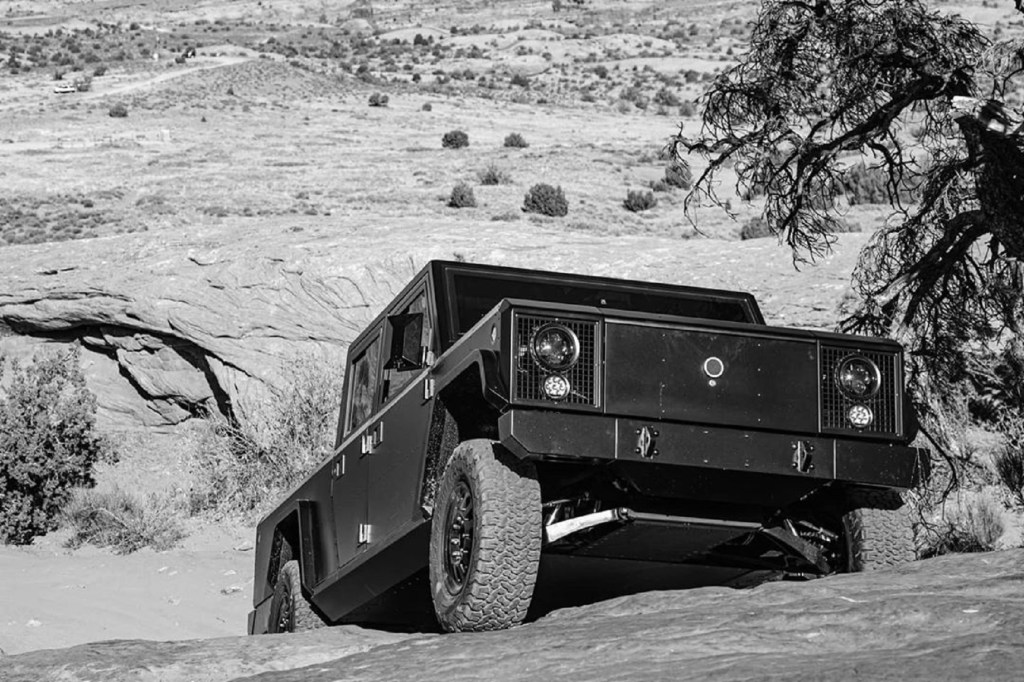
Personally, Bollinger isn’t especially worried about that. His company positions its B2 as a “little niche thing where you have no plans to be high-volume.” The same goes for the B1 SUV. In fact, in a 2019 Autoweek interview, Bollinger said of the B2, “once you buy this truck, you keep it for the rest of your life.” Less an appliance, more of a treasured companion. Which, to be fair, is how many truck owners see their vehicles.
But, it’s possible Bollinger, as well as Tesla and Rivian, could be taking that concept a bit further. Sam Fiorani, vice president of global vehicle forecasting for AutoForecast Solutions, doesn’t see those brands like Ford or GM competitors. Those ‘proven’ brands’ electric trucks will be for people who depend on their pickups for their livelihood. The Cybertruck, R1T, and B2, though, will be for so-called ‘weekend warriors.’ In other words, they’ll be ‘lifestyle vehicles’ that are less for hauling dirty tools, and more for Instagrammable adventures.
And the other automakers seem to be aware of this. Car and Driver reports the electric Chevrolet Silverado will be very different than the GMC Hummer. In fact, GM explicitly called the Hummer “a lifestyle vehicle.” The Silverado, meanwhile, will be more utilitarian in nature.
Could electric trucks be more than status symbols?
The electric Hummer truck vs. electric Silverado positioning isn’t anything new, per se. GM has always positioned GMC as the luxury brand, and Chevrolet as the more entry-level one. That’s why even the base Sierra has leather seats. And, to be fair, pickup trucks as a whole have gotten more luxurious in recent years.
However, if electric pickup truck proliferation is the goal, positioning them as status symbols isn’t necessarily the way to go. Even today, Automotive News explains, buying an EV requires adapting to a certain lifestyle.
Many truck owners tow, which electric trucks still struggle with. Not from a capacity perspective, but a range one. And until fast chargers become more prolific, that will limit electric trucks’ utility. A recent UK study, InsideEVs reports, pinpointed charger availability as a key reason why buyers were “averse” to EVs. Not to mention, larger battery packs to make up the difference means more expensive, rare materials and higher costs.

Speaking of utility, there’s the question of electric trucks’ features. Yes, some, like Rivian’s tank turn or the GMC Hummer’s removable roof panels, are useful and/or widely appealing. But the Tesla Cybertruck has drawn some ire over some of its design elements. From the stainless-steel body panels to the not-really-bulletproof windows, the Cybertruck has never really fit in with traditional trucks. Which, admittedly, it wasn’t really supposed to.
But the entry-level version’s delay, even before COVID-19, means Tesla really is focusing on better-heeled buyers. Again, if the goal is more electric trucks on the road, placing them further out of reach doesn’t help.
However, at least initially, that may be what has to happen.
Going forward
As with any new technology, it’ll take time for electric trucks’ pricing to drop and daily-usability to improve. It happened with smartphones, computers, and TVs, after all. Of course, that depends on the technology hitting the market in the first place. Arguably, Car and Driver muses, the startups are having it worse with the COVID-19 shutdowns. As Dyson showed with its electric car prototype, Wired explains, it’s difficult getting EVs to full-scale production.
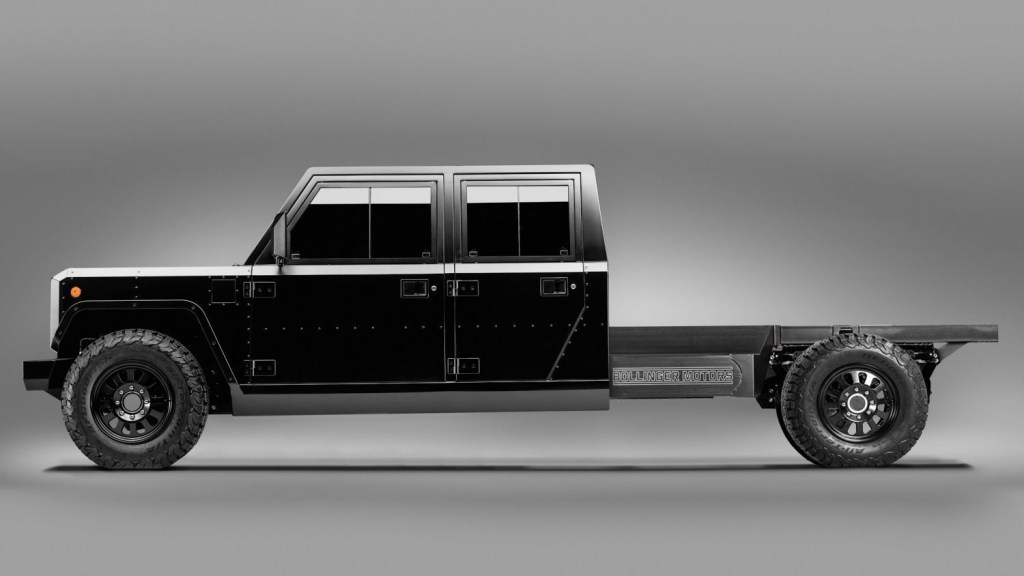
But after that first step, the next will be making electric trucks feasible for everyday consumers and commercial buyers. That’s why Autoweek reports, Bollinger has branched out to offering its chassis to commercial truck companies. And GM’s VP of EVs, Ken Morris, in an Automobile interview, expressed that the company’s end-goal is to make EVs as affordable as possible. To the point where the average Equinox shopper will be comfortable paying for either the electric or gasoline versions.
For at least some time, electric trucks will be lifestyle vehicles. Kind of like how high-end Wranglers and Gladiators are seen. But that may be the price we have to pay to make them every-day vehicles.
Follow more updates from MotorBiscuit on our Facebook page.
